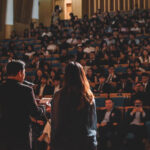The Second Character Outshines the Main Character
Anyone can dream of many different kinds of life. This is because it’s part of human nature to struggle with wholly expressing yourself in just a single way. Recently, there has been a hot trend of second characters (a term referring to a new or different version of yourself) being used by individuals to express each of their unique, respective identities. One of the trending ways of doing this includes essays. This refers to writing and publishing essays that portray the joy, anger, sorrow, and pleasure one feels in the workplace while weaving one’s work characteristics clearly into the essays. With the increasing popularity of essays in the publishing market, “career essays” on the truthful experiences and stray thoughts one has in the workplace are also booming. There’s a so-called genre of writing, “Jobssay,” which is the compound word for job and essay. This new genre has recently been grabbing the interest of many readers. This writing aims to introduce writers who express their identity as second characters by creating content based on their jobs in the so-called jobssays.
The Active Input of Sincere and Everyday People Instead of Success Stories
These essays grab the interest of readers with sincere stories based on topics we are familiar with. People who have second-character jobs as writers usually write stories that anyone can relate to instead of something grandiose. Today, there is a wider variety of jobs. In the past, most of the essays about jobs would focus on the success stories of doctors, lawyers, or people working jobs that required expertise.
However, recent essays are based on stories that anyone can experience in the workplace due to the now broader range of jobs such as paperhangers, manual workers, relic organizers, nude models, police officers, astronomers, translators, and more. Thus, readers can have indirect job experiences and sympathize with the concerns, troubles, accomplishments, and ways of life based on those accomplishments that anyone can experience in the workplace.
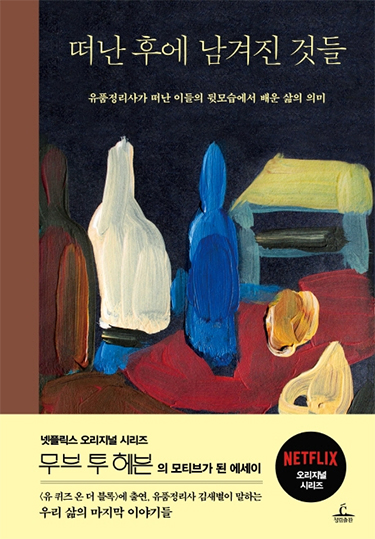
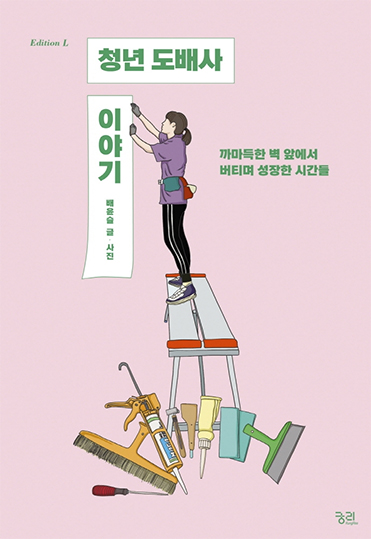
The Things We Leave Behind, The Story of a Young Paperhanger
In The Things We Leave Behind (Chungrim Publishing), Kim Se-Byeol and Jeon Ye-Won, who organize the relics of the deceased, a job that has recently been created due to the social changes, wrote about the things they felt working for 15 years in the field. The writers of this essay started taking an interest in “life and death” with the sudden death of their dear friend. They collected the messages of hope they discovered by looking back at life on the basis of death while looking right at death every day to turn into an essay. The writers expressed pride in their job by referring to themselves as “people who help others make their last move to heaven.”
There is also an essay that contains the many concerns of the younger generation in terms of career paths. The Story of the Young Paperhanger (Kungree Press) by Bae Yoon-Seul is one of them. The writer just wrote her truthful story of working as a young paperhanger, just the way it is, like the title suggests. She initially got a job in a seniors’ welfare center to make use of her major in a prestigious university. Then, after 2 years, she started fresh as a paperhanger. The Story of a Young Paperhanger makes us think about why we choose our jobs with the many concerns of the writer who probably had to make a tough decision. A paperhanger isn’t a common job, and society views it as a job that mostly men do. Especially considering that the writer graduated from a prestigious university, the stories she tells about working for 2 years in the field as a paperhanger are indeed interesting to read about.
In My Body, My Work, My Hope (Lagom), Ha Young-Eun makes us realize that there’s so much more than just posing for art classes when you work as a nude model, including practices for nurse school students, a display to explain the ideal type of body in the field of cosmetic surgery, sketches for costume designers, modeling for underwear sold in home shopping channels, and more. Hard Labor Cantabile (Sidae Books), an essay on living the life of a so-called hard laborer, grabs the interest of readers with a truthful story told by a man in his thirties who quit his job as a reporter and has been working the past four years as a laborer in construction sites. The author of this story makes us re-think the value of labor by saying, “The outcome depends on how hard you work in the field of labor.”
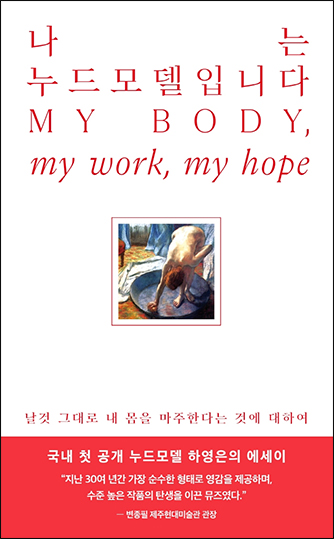
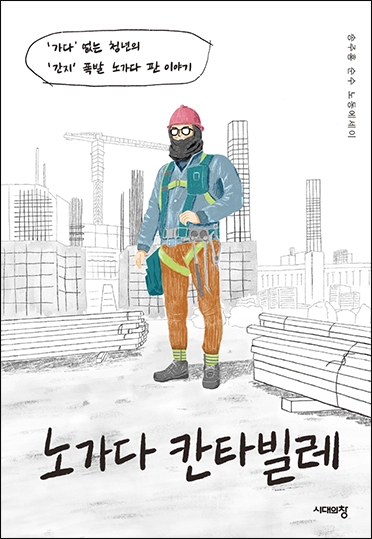
My Body, My Work, My Hope, Hard Labor Cantabile
Likewise, the works of second character authors based on their jobs differ from past essays that focus mainly on expertise and success stories. Although these new types of essays also do display a level of professionalism, they present the important roles of everyday people in the workplace through joys and sorrows, work value, and realization.
Stepping in as a Writer with New Content: Career
Essays written by those who work in unfamiliar fields that people are curious to know about are eye-catching as well. An Astronomer Doesn’t Look at Stars (Munhakdongne), written by Shim Chae-Gyeong, who works as a senior researcher at the Korea Astronomy and Space Science Institute, tells the story of her experiences while working in the field of astronomy that one might be interested in. It’s especially impressive because it portrays the passion that the writer, as a female scientist, has for her job. The space-loving writer is very professional as she was chosen as a next-generation moon scientist by Nature, but she doesn’t know much about constellations. She tells her story about astronomy in a fun and easy way to understand so that readers can be more familiar with the subject of astronomy, which can seem complicated and vague.
Also, Into the Life of a Police Officer (2huzine Press), written by someone with the pen name, Window, grabs readers’ attention with the career story of a young and active police officer in her twenties who works in the field. It’s an essay that captures the vivid voice of a current police officer and has sold over 5,000 independent copies in an independent bookstore in the spring of 2019. The writer tells a story about meeting many people in the process of going through many cases as a police officer and getting hurt as a human being in the process, in the form of a letter to her sister that she couldn’t tell before.
You can also read an essay about the life of a translator that anyone could have dreamed of once in their lives. A Job Worth Doing Alone (Woods of Mind’s Books), written by a full-time translator, Kwon Nam-Hee, tells a cheery and warm life story of someone who has become an essay writer who writes works worth reading from a trustworthy translator. Kwon Nam-Hee has portrayed her daily life as a freelance translator who works 365 days in her essay and says, “I just used my single talent for 30 years since there was nothing else I knew how to do.” The writer shows sincerity about her job and says that translating makes her happy and writing brings her joy. She advises future translators in a warm yet realistic way through her experiences working as a translator, saying that being a translator is the perfect job for her and “requires you to be able to sit all day.”
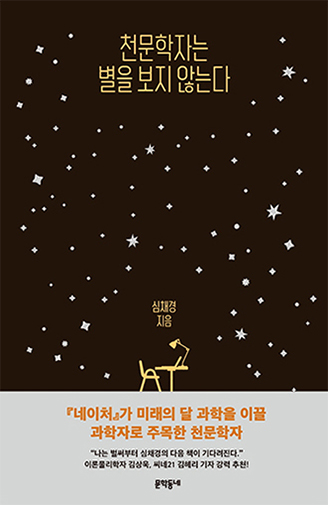
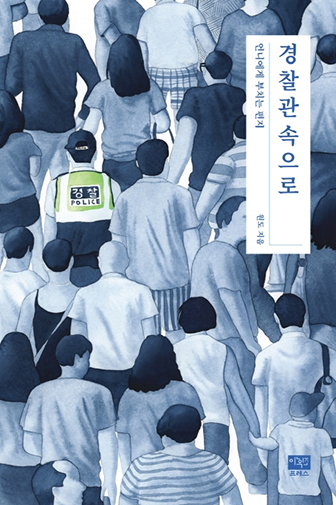
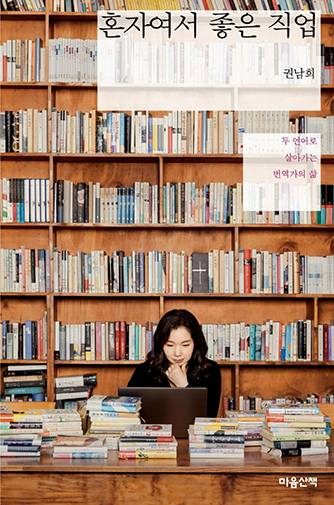
An Astronomer Doesn’t Look at Stars, Into the Life of a Police Officer, A Job Worth Doing Alone
Sometimes work can be exhausting, and at other times, you want to know what it’s like to work in another field. No matter what kind of job you have, you may sometimes doubt whether it’s right for you or maybe even lose confidence. However, you can only find another value when you love your job more with greater passion and sincerity. With that being said, this might be a good reason why many readers are interested and love reading essays that portray the stories of writers who have completed the development of their second characters based on their jobs and have written warm, touching, sincere stories with the kind of passion mentioned previously.
Written by Kim Young-Ihm



